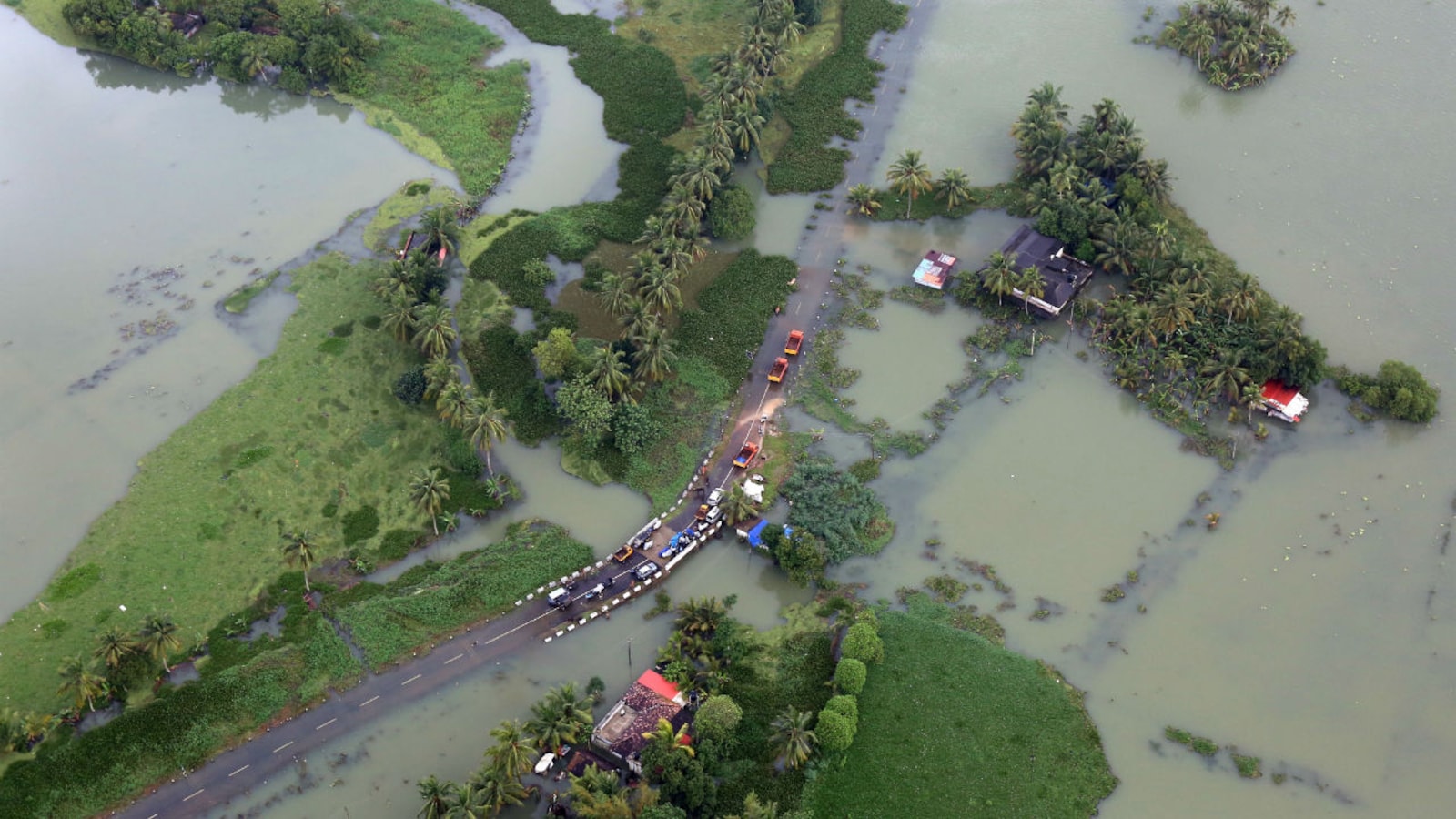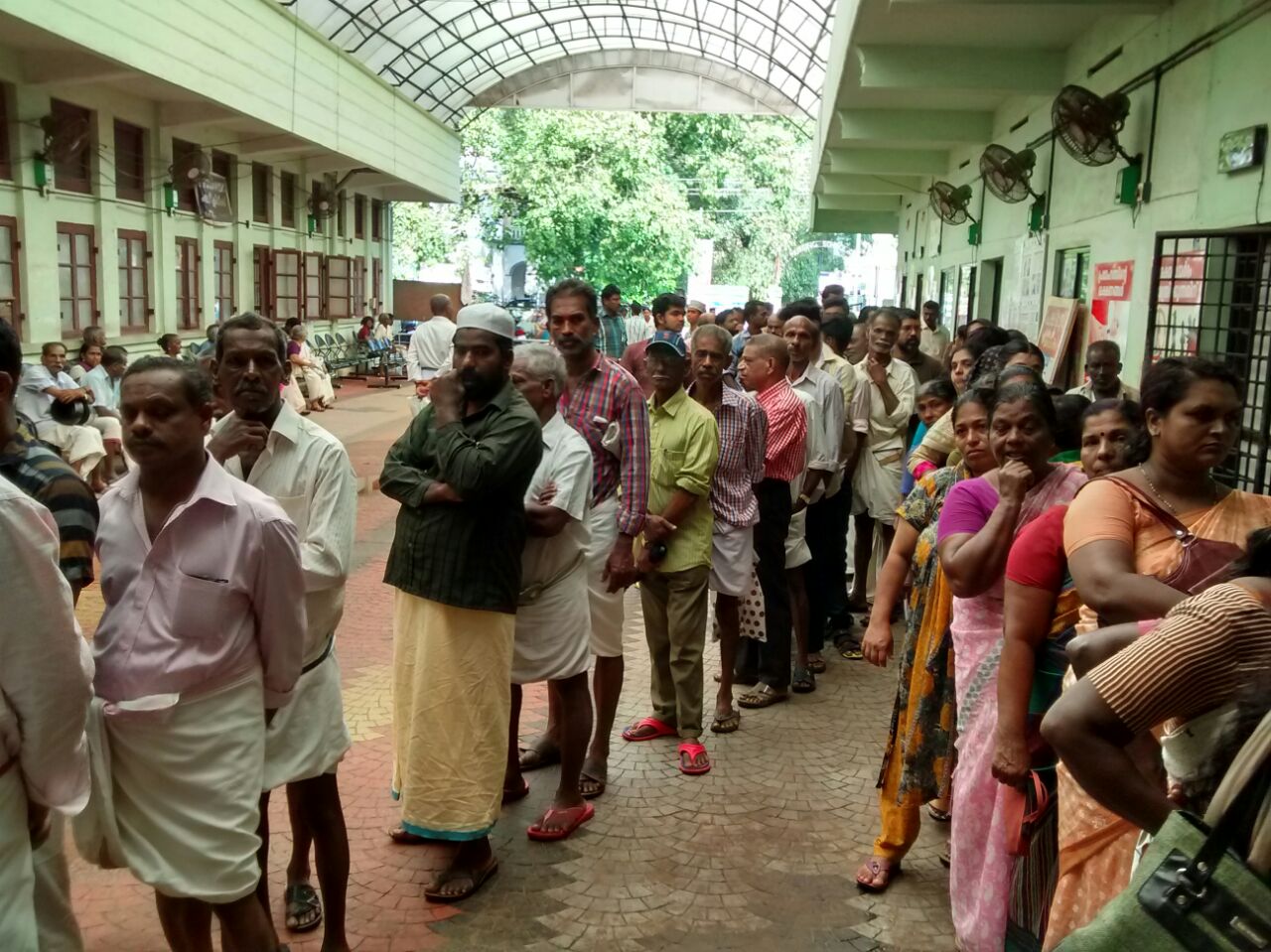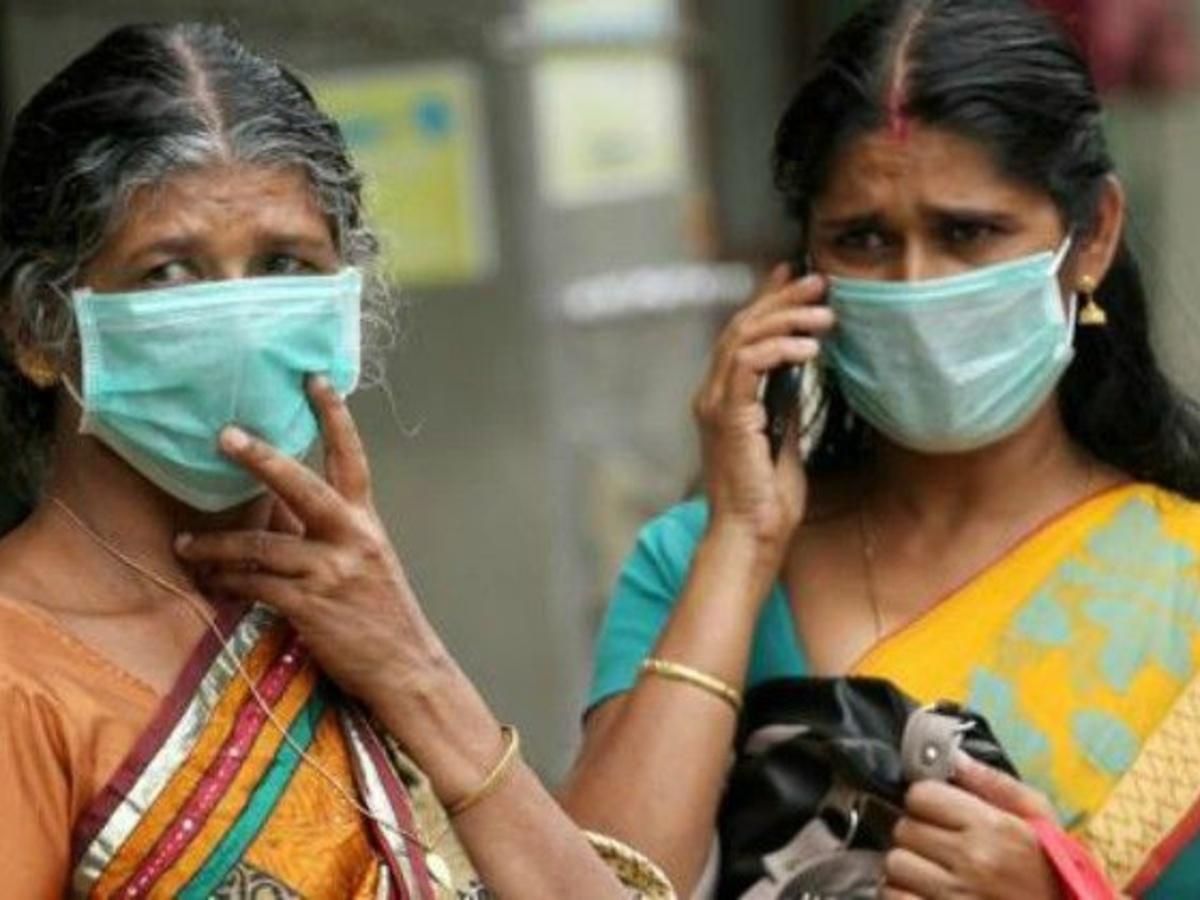Rat Fever in Kerala : The Rising Epidemic 2023

The Rising Epidemic: Rat Fever in Kerala 2023
Rat fever in Kerala: Leptospirosis, sometimes known as rat fever, can induce a wide range of symptoms that are frequently confused for those of other illnesses.
Rat fever, also known as leptospirosis, is a bacterial infection caused by leptospira bacteria. In Kerala, a state located on the southwestern coast of India, rat fever has been a recurrent health concern. The region’s unique geographical features, including heavy rainfall and extensive agricultural activities, contribute to the prevalence of this disease.
With the arrival of the monsoon, infectious illnesses, including dengue, rodent fever, leptospirosis, and swine flu, are becoming more common in Kerala. In the meanwhile, the state administration has issued a cautionary warning.

H1N1 and rat fever each claimed the lives of two persons in the state on Wednesday. According to local media sources, rat fever deaths have reportedly been reported in the districts of Thrissur and Palakkad. According to sources, there have been H1N1 deaths in Ernakulam and Thiruvananthapuram. Over 50,000 people allegedly had a fever in four days.
Veena George, Kerala’s health minister, advised residents to keep their homes and environs clean last month. She hoped to stop the spread of rodent fever and the mosquito-borne disease dengue by doing so. Additionally, the state’s Health Department has recommended that people seek medical attention rather than self-medicate when they have a fever.

The organization is the Centre for Disease Control and Prevention (CDC). It describes leptospirosis, often known as rat fever, as a bacterial illness that affects not only people but other animals. It usually infects people through the urine of infected canines, rats, and agricultural animals.
Experts claim that it can induce a wide range of symptoms frequently confused for other illnesses. Some infected individuals, however, may not exhibit any symptoms at all.

Even if a severe case of leptospirosis seldom lasts for a week, the affected individual usually recovers to get ill once more. Leptospirosis that is severe enough to warrant hospitalization can cause serious problems like chest discomfort and swelling of limbs and legs.
Leptospirosis can cause kidney damage, meningitis, Liver failure, respiratory distress, and even death can occur if it is not treated and treated promptly. Meningitis is when the membrane encloses the brain, and the spinal cord becomes infected.
The symptoms of rat fever can vary in severity, ranging from mild to severe. They typically appear within 2 to 26 days after exposure to the bacteria. Common symptoms include:
- High fever
- Headache
- Muscle aches
- Chills
- Fatigue
- Nausea and vomiting
- Abdominal pain
- Jaundice (yellowing of the skin and eyes)
- Conjunctival suffusion (redness of the eyes)
- Skin rash
Leptospirosis is primarily transmitted. If animals infected with a particular illness have contaminated water, soil, or food with their urine, contact with those substances can also lead to infection. Especially rats. In Kerala, the abundance of rats in urban and rural areas increases the risk of transmission. Additionally, during the monsoon season, heavy rainfall leads to flooding, causing contaminated water sources to spread the bacteria more widely. Farming, fishing, and cleaning waterlogged areas further expose individuals to the bacteria.

It is essential to diagnose and treat early to ensure the best results. Managing rat fever. If you experience any symptoms or suspect exposure, It is necessary to seek advice from a healthcare professional. Immediately. Typically, the diagnosis is determined by observing clinical indicators. along with laboratory tests to confirm the presence of the bacteria. Standard treatment approaches include:
- Antibiotics: Doctors often prescribe doxycycline or penicillin to combat bacterial infection. The choice of antibiotics may vary based on the severity of the illness and individual patient factors.
- Supportive care: Rest, hydration, and pain management are essential during recovery. If the condition is severe, hospitalization may be necessary for monitoring. Organ function and administer intravenous fluids and other important treatments.
Prevention plays a vital role in minimizing the spread of rat fever. Here are some preventive measures individuals can take:
- Avoid exposure: Minimize contact with potentially contaminated water, soil, or food. Use protective gear such as gloves and boots while working in contaminated areas.
- Maintaining hygiene: Practice good personal hygiene, including regular handwashing with soap and clean water. Proper sanitation measures are essential to prevent the spread of the bacteria.
- Rat control: Implement effective rat control measures, such as maintaining cleanliness, sealing entry points, and using rat traps or baits. Communities should also focus on proper waste management to reduce the availability of food sources for rats.
- Vaccination: While there is no specific vaccine available for humans, there are vaccines available for animals, including rats, which can help reduce the overall infection rate.
According to the CDC, leptospirosis is treated with medicines like penicillin or doxycycline. The need for intravenous antibiotics may arise in the event of severe illness. People should call their doctors immediately if they begin to exhibit Leptospirosis symptoms.

Rat fever, or leptospirosis, remains a significant health concern in Kerala due to the region’s unique geographical and environmental factors. Understanding the symptoms, causes, and treatment options is crucial for early diagnosis and effective management. By adopting preventive measures and promoting public awareness, we can mitigate the risk of rat fever and safeguard the health of individuals in Kerala and other susceptible regions.



